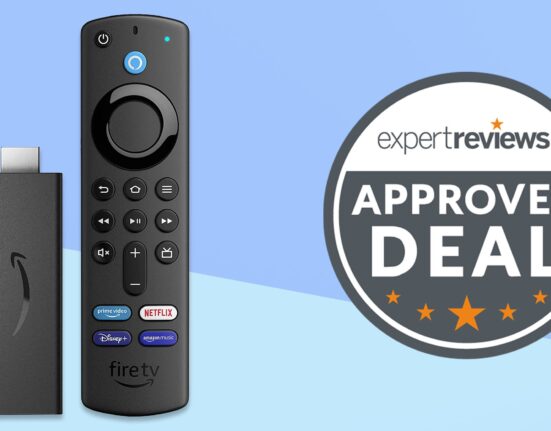Tech behemoth Google finds itself embroiled in a complex and significant antitrust trial challenging its search engine practices. After the recent closing arguments, Google is gearing up to appeal the federal court’s ruling, asserting that the decision was erroneous and could have adverse effects on consumers.
“We will wait for the Court’s opinion,”
stated Google in a post, emphasizing their strong belief that the original decision was flawed and expressing anticipation for the upcoming appeal process.
The Department of Justice initiated legal action against Google in 2020 to address concerns regarding its monopoly over the search engine market. Over time, this high-stakes antitrust case has seen various proposals from the DOJ aimed at curbing Google’s dominance. These suggestions included making Google’s search engine technology available for licensing, restricting agreements with device manufacturers like Apple and Samsung to ensure fair competition, and even considering divestiture of assets such as the Chrome browser.
In response to these proposed remedies, Google raised objections, citing potential privacy risks for consumers if such measures were implemented. They expressed apprehension about government control over user data and highlighted possible advantages for well-funded competitors in the market.
While offering some concessions by allowing other search engines on devices and proposing oversight mechanisms, Google remained firm in its opposition to certain aspects of the DOJ’s recommendations. This culminated in a landmark ruling by Judge Amit Mehta of the US District Court for the District of Columbia in August 2024, where he deemed Google’s monopoly unlawful based on its ownership of Chrome and associated advantages in driving traffic and revenue.
The implications of this antitrust trial extend beyond legalities into realms such as artificial intelligence (AI), closely intertwined with search engine operations. The outcome could potentially create opportunities for companies with AI capabilities to reshape the search engine landscape.
Nick Turley from OpenAI testified during proceedings about potential interest in acquiring Chrome should it become available due to regulatory actions against Google. This underscores how developments in this case may not only impact market competition but also influence technological innovation moving forward.
The battle between regulators and tech giants like Google highlights broader debates around competition, innovation, consumer welfare, and data privacy. As these issues continue to evolve, stakeholders across industries are closely watching how this saga unfolds—and what it might signify for future regulatory approaches within the digital landscape.









Leave feedback about this